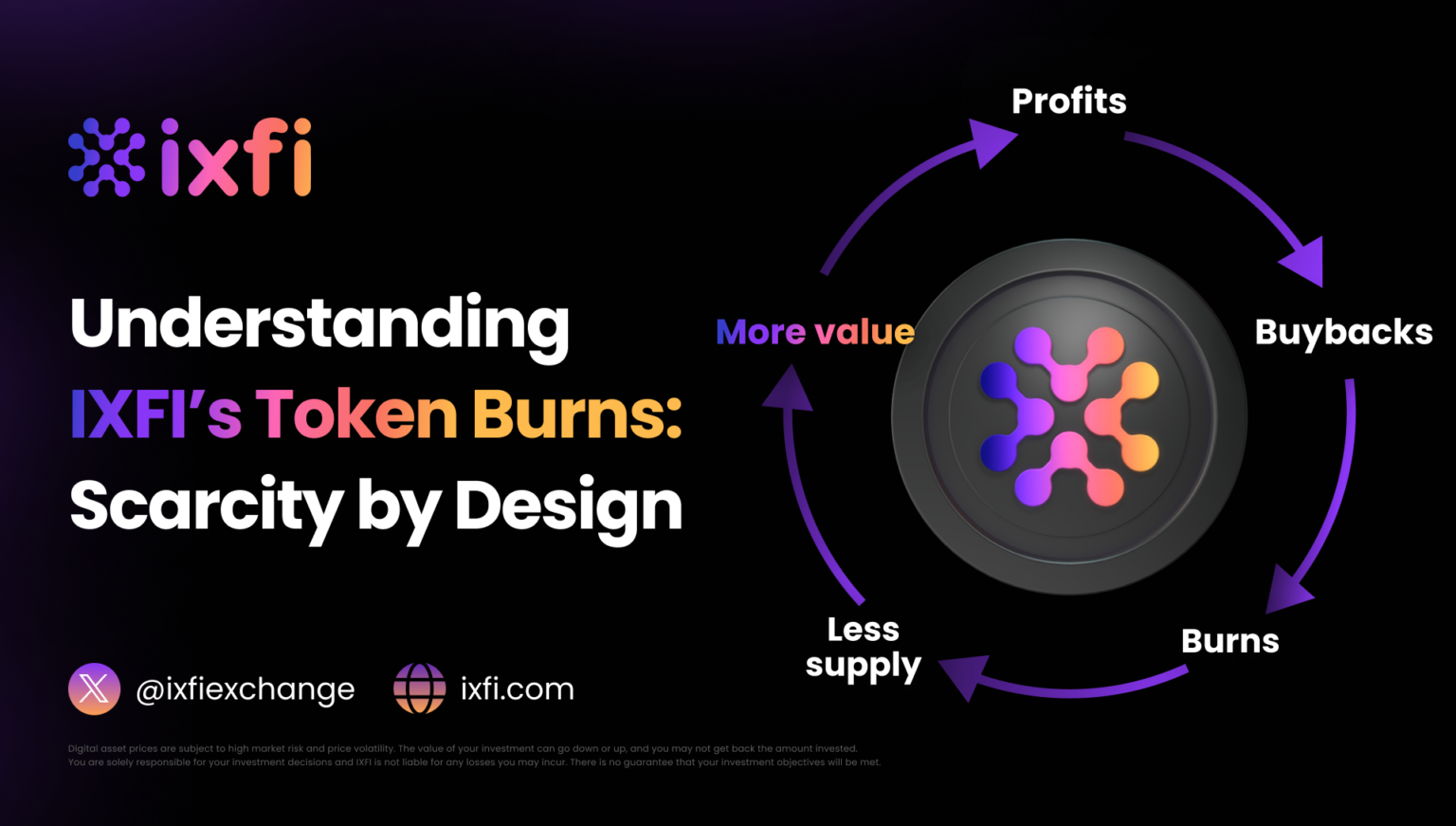Investments and trading markets date back to the 16th Century, although these two were difficult for people without the proper education or abundant wealth. Fractional shares can be bought and traded against the difference of any government-issued currency with only a click, simple and cheap enough, thanks to the internet.
The only criteria are for the markets to be open, whether Forex, Crypto, or Equity. Even if trading became a hobby or even a part-time job for many, for others, it might be complicated to decide what is truly attractive because of too technical or complicated information.
What is Forex?
Forex is the shorter terminology for Foreign Exchange and refers to the traded government-issued currencies. Traders can buy and sell specific currency pairs, profiting from the differences these might create due to global reasons. Until the middle of the last Century, the value of a national currency depended a lot on the amount of Gold that country held in its reserves.
This system changed after World War II, and new international agreements were established with the International Monetary Fund (IMF). These agreements changed the comparison between the value of a country’s currency and base values – to the American Dollar, the coin with the highest financial power in the world.
The value we are comparing against the USD is given by the international markets’ correlation between supply and demand. These are also tied to the political power, stability, and influence that specific countries have over the world. A recent example is the Russian Rouble, which depreciated against the American Dollar when the Ukrainian invasion began.
How does currency trading work?
Currency trading works thanks to the buying and selling volume provided by investors across the market that try to profit from its volatility and price changes. However, the value of money is not fixed, and it’s continuously changing, especially now, when inflation is high. For example, if we verify a brokerage exchange, we will see that 1 USD was equal to 101 RUB at the opening bell of March, while June opened at the value of 62 RUB for every USD. This constitutes a move of over 38% across the last three months.
While some retail traders might not be impressed by such numbers, institutional investors that trade using enormous portfolios have managed to profit significantly from price fluctuations. It’s important to mention that brokers can slightly modify these values, and operational hours of exchange platforms do not always suit the banks’ schedules because there are two different domains when it comes to Forex.
Who controls the Forex market?
This market is not dominated by a single exchange or trading parity but a whole network of brokers and institutions. They set the supply and demand offers for currency pairs across the market, thus setting the trend. The two domains of Forex we talked about earlier are the interbank market and the OTC market. Central banks use the interbank market across the globe to cover or hedge risk and adjust the balance sheet. The OTC (Over the Counter) market is the place to trade through online brokers and platforms. Maybe some of you remember the FUD news that was spread once the Ukrainian invasion began and government currencies were sold for significant arbitrary differences to retail investors.
How can we compare Forex to Crypto?
First of all, we know that price fluctuations in the Forex market are tiny, and it’s normal to be like this because this international currency market supports the global economy and its stability. But on the other hand, the cryptocurrency market benefits from significant price appreciations and decreases, heavily relying on the community’s commitment. As a result, cryptocurrencies’ prices grow or fall depending on the investors’ demand and the market’s sentiment.
Their economic power and utilization give the value of FIAT currencies. Depending on quarterly reports, the stock market is also moving based on that, and cryptocurrencies come at last with their response. On the other hand, cryptocurrencies do not affect the Equity or Forex markets, but it’s a scenario that could happen once the adoption rate becomes global. Suppose people often trade cryptocurrencies, and the amount of money is growing. In that case, probably, the profits will eventually be taken out of the market to be utilized in the real world and positively influence the economy.
The idea behind distributed Blockchain networks is to liberate transactions from any third party or centralized verifications that may occur when the transaction is taking place. Crypto is a market created especially for people to control their assets and investment portfolios. On the other hand, Forex is a centralized market because the exchange platforms used in this market are regulated and controlled, and they obey both national and international laws.
What better way to explore the crypto market than to trade more than 450 cryptocurrencies on a reliable platform? Register on IXFI to discover how Your Friendly Crypto Exchange takes trading to a whole new level.
Disclaimer: The content of this article is not investment advice and does not constitute an offer or solicitation to offer or recommendation of any investment product. It is for general purposes only and does not take into account your individual needs, investment objectives and specific financial and fiscal circumstances.
Although the material contained in this article was prepared based on information from public and private sources that IXFI believes to be reliable, no representation, warranty or undertaking, stated or implied, is given as to the accuracy of the information contained herein, and IXFI expressly disclaims any liability for the accuracy and completeness of the information contained in this article.
Investment involves risk; any ideas or strategies discussed herein should therefore not be undertaken by any individual without prior consultation with a financial professional for the purpose of assessing whether the ideas or strategies that are discussed are suitable to you based on your own personal financial and fiscal objectives, needs and risk tolerance. IXFI expressly disclaims any liability or loss incurred by any person who acts on the information, ideas or strategies discussed herein.



